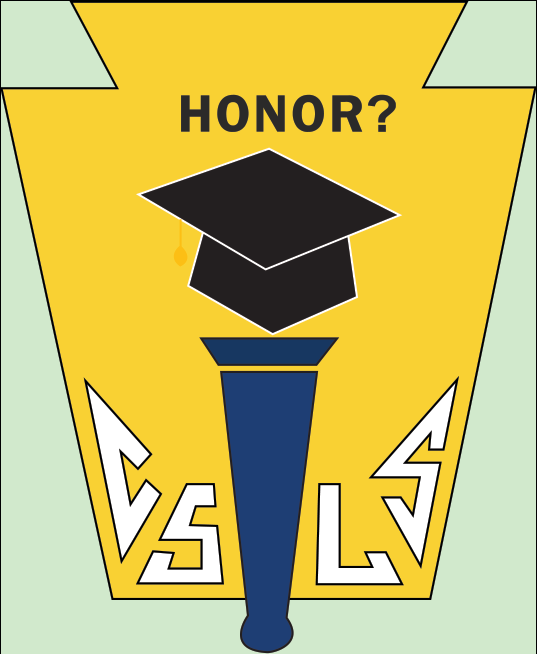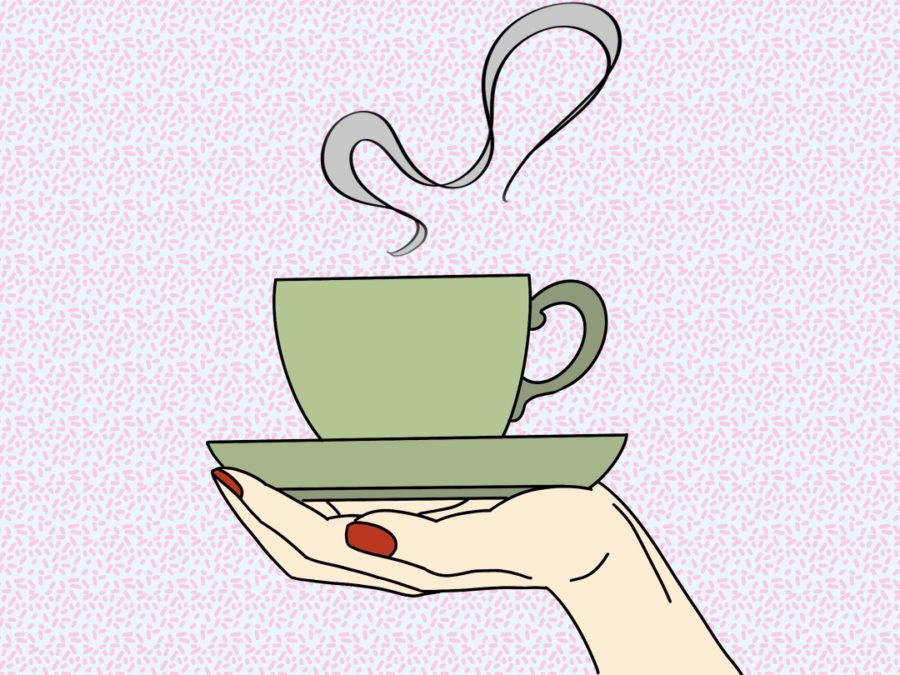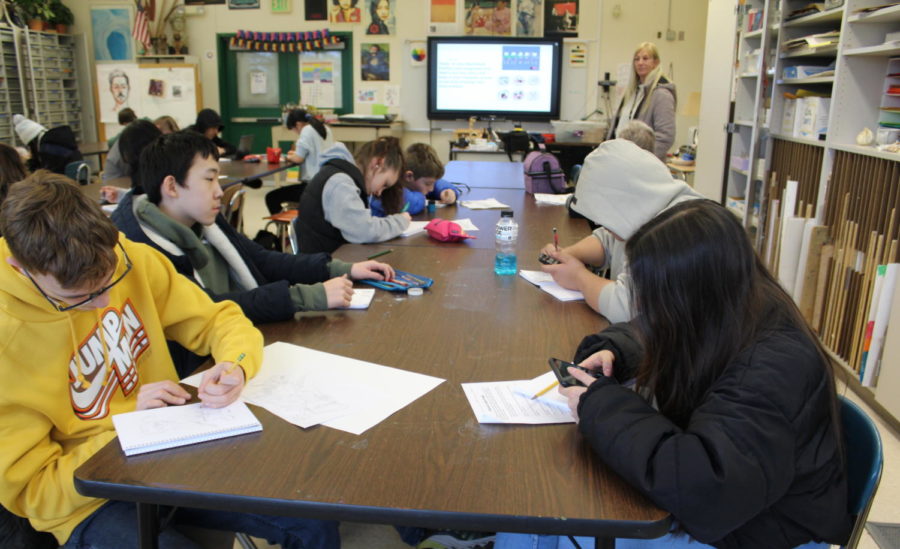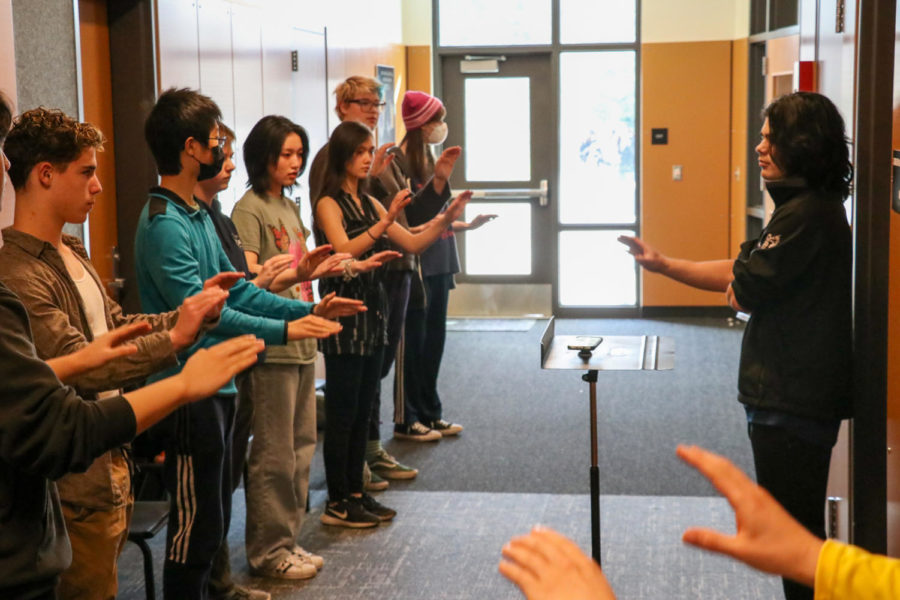Over 100 students join National Honor Society, Inglemoor’s largest club, to participate in community service, earn volunteer hours and boost their college resume. To gain and renew membership, students must maintain a GPA above 3.5 and complete at least 30 hours of unpaid community service each school year before the deadline in March. However, as colleges get more selective and NHS becomes increasingly commonplace on applications, it can be unclear how much impact NHS has on college admissions.
Becky Stockton (she/her), a senior admission counselor at Gonzaga University, which is a private Jesuit institution in Spokane, said she sees NHS very often on applications.
“I think maybe some students feel — and maybe schools make them feel this way too — that they need to just be a part of NHS just to have it on their college application,” said Stockton. “And I definitely don’t think that that’s true.”
Stockton said she feels like she sees NHS more and more often on applications each year.
“It’s definitely a great thing to have on [an application] — it kind of shows that you’re a strong student — but the impact level kind of depends on how involved you are with NHS,” said Stockton.
Over an email interview, Melissa Aydelott (she/her), Assistant Director for Freshmen and Special Review at the University of Washington’s Office of Admissions wrote that one specific activity alone won’t heavily impact the admission decision. She added that academic preparation and performance has much more impact on an application than activities.
College and Career counselor Jim Allen (he/him) said he thinks a lot of students join Honor Society to be involved in something that looks good on a college application. He said it’s a great thing for the community and students looking for service opportunities.
“I love the idea of National Honor Society, of just acknowledging students who are doing well academically but also wanting to spur the students on to do more,” said Allen.
Senior Taniish Agarwal (he/him) has been involved in NHS since his freshman year. Agarwal said he thinks NHS is laid back, while Key Club has given him more opportunities to engage with the community. However, he said he feels like it’s good to do, since a lot of other people are doing it.
“Key Club actually has given me a lot more opportunities to events where I can come every week or do some sort of stuff that can actually impact the community,” said Agarwal.
Senior Miriam Miller-Friday (she/her) has been part of NHS since her freshman year. She said she thinks the organization’s goal of students becoming more involved in the community is good, but it feels like more of a requirement to fulfill hours. However, she said the time spent was worth it, even if it hasn’t changed her outlook on community service.
“I think I participated in a bunch of stuff that I wouldn’t have normally done, and it taught me more about different ways to volunteer,” said Friday.
In terms of college applications, Friday said she’s heard people say NHS doesn’t provide drastic benefits but pointed out that a lot of people are involved for other reasons.
“I think it shows that you were willing to commit time to the community, but also a lot of people do it, so I don’t know that it sets you apart that much,” said Friday. “But I mean, it doesn’t hurt anything, I don’t think.”
Allen said NHS is just a piece of the puzzle for colleges to learn more about an applicant. He suggests committing to specific volunteer activities, which is more helpful for colleges to figure out what a student is passionate about.
“It’s not a magic bullet, but it’s a good thing to do, and it’s helpful,” said Allen.
















